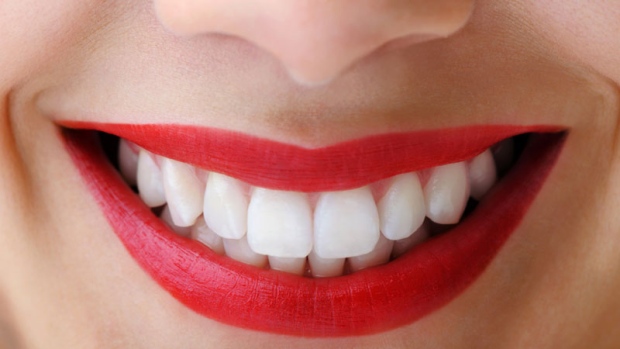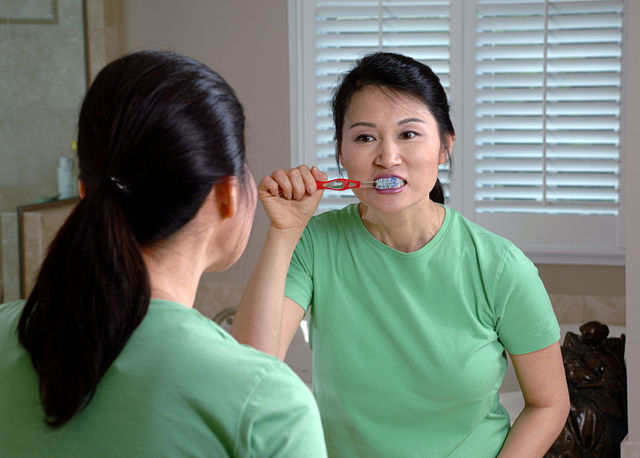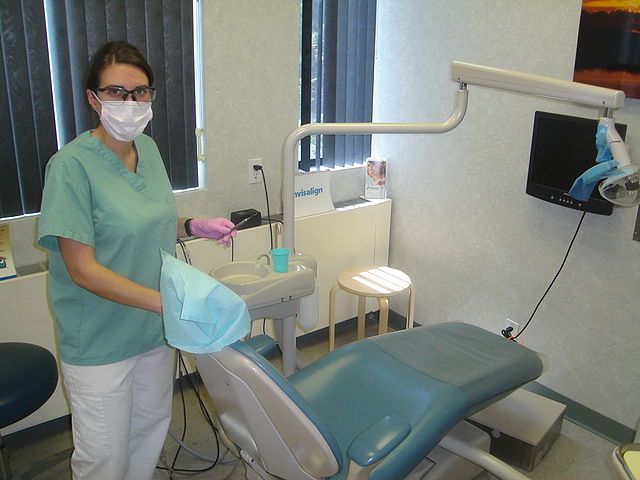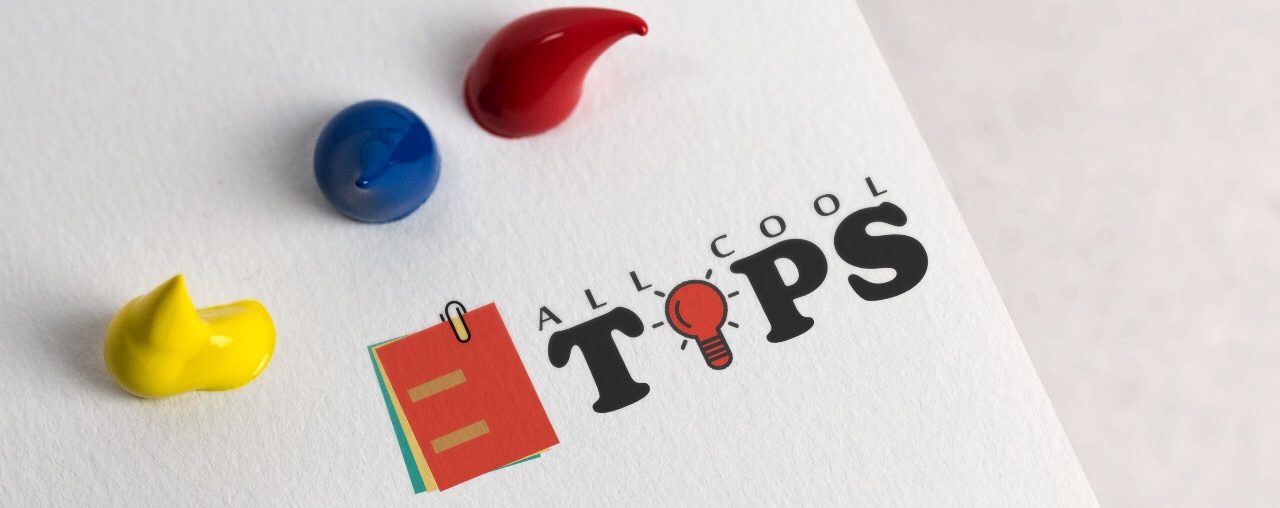We’ve all been nagged and reminded about taking care of our teeth through our childhoods. While most of us brush our teeth twice a day, not that many are doing all they can for their oral health. There are various other habits you should adopt to take care of those pearly whites. Good dental hygiene can reduce your chances of all kinds of nasty conditions, and improve your quality of life overall. If you’re a little concerned for your oral health, read on. Here’s the only guide you’ll need for having great dental health.

The first step towards great dental health is checking your bathroom is equipped for it. I’m sure you have the most basic pieces of gear; toothbrush and toothpaste. Despite what the ads would have you believe, electric or manual toothbrushes are really a matter of preference. However, whatever kind of toothbrush you choose, it should be from a fairly reputable brand. High-quality toothbrushes help to stave off damage to the enamel on your teeth. If you weren’t aware already, enamel is the thin layer of coating around the outside of a tooth. With a lot of people, the tendency is to use a brush until they wake up one morning and realise it’s nothing but a plastic nub! Make sure you replace your toothbrush once every few months, or whenever the bristles start to fray. These days, toothpaste is fairly heavily regulated, so your choice in brand won’t be all that important. However, you may want to buy “natural” toothpaste, which don’t have E-numbers, artificial colours and so on. You can find out more about this at http://www.colgate.com/ . Also, if you have sensitive teeth, there are special toothpaste for that. These will contain desensitising agents. These agents are made to block the pathways between the surface of teeth and the nerve endings.

After the bare minimum, there are a few other things you should be using. Mouthwash can do a lot more for your mouth after brushing. Using an antibacterial mouthwash for just 30 seconds will kill the bacteria around your gum line. This bacteria is one of the biggest causes of gingivitis, so don’t skip out on this! The health benefits of mouth wash are widely recognised. Strangely, though, some health bodies like the ADA don’t actually recommend using it. Using floss or disposable floss picks is another thing which could improve your oral health. If you’ve tried using floss before, but you found it difficult, then you may have slightly close-fitting teeth. If this is the case, then try waxed floss instead. This is designed to slip more easily between the tight gaps in teeth. If you simply don’t find flossing comfortable, a pick could be a little improvement. Whichever way you do it, flossing is integral to having the best possible teeth.
Between brushing in the morning and evening, you should be making a point to try and get enough fluoride on your teeth. Fluoride is a naturally occurring material. It protects your enamel from being broken down by acids, which are produced by sugars reacting with saliva. It can also help to repair weak and damaged parts of the teeth. Provided you’re brushing and using mouthwash, you shouldn’t need to worry about the amount of fluoride your teeth are getting. In a lot of developed countries, fluoride is regularly added to public water supplies in order to improve dental hygiene at large. However, this varies from area to area, so make sure you double-check. If you fear you’re not getting enough fluoride, then start buying toothpaste with increased fluoride. Certain foods can also help to ensure you’re getting a healthy amount. Eggs, fish, and tea leaves are all brilliant sources of this important mineral. While important for adults, getting the right dose of fluoride is especially vital for children with growing teeth.
While fluoride is essential for a healthy mouth, don’t assume that more is better. If you ingest enough fluoride, it can be highly toxic. If you have any young children, keep high-fluoride products out of reach and supervise them for as long as they let you! Make sure they know that mouthwash can be dangerous if they drink it in large quantities. If your teeth get too much exposure to fluoride, it can result in fluorosis. With this condition, the layer of enamel under your gums will be damaged. This can result in discolouration, white lines forming on the teeth, and pitting. If you’re worried about the colour of your teeth, like a lot of people are then you might want to go in for whitening. There are a lot of home treatments for this. These will involve bleaching gels, trays or strips. Make sure you do your research before using any of these products though. Some teeth-whitening products are seen as useless snake oil by many dental professionals. Some tooth bleaching products are even harmful to the teeth and gums, despite making them look better. If you want a treatment you can trust, then switch to a toothpaste that has a stronger abrasive. Whitening products might be marketed as miracle cures, but many aren’t to be trusted. For a healthy, long-lasting treatment, talk to your dentist.
The other component of keeping up your oral health is going to the dentist. You should be visiting at least twice per year. However, if you’re a heavy smoker, diabetic, or have a long-term dental condition, this might be needed more often. Your dentist will be able to tell you the frequency you need. Choosing your dentist shouldn’t be too hard. Again, they’re very heavily regulated. However, that’s not to say all dentists offer an equally pleasant experience! It might be worth writing out a list of local dentists, and visiting each one’s practice. Consider how clean and organised it is. You may also want to consider how open they are about their history, appointments and payments. Make sure they’re part of the American Dental Association or a similar independent body. Of course, different oral conditions call for different professionals. If you’re experiencing chronic toothache, or another dental emergency, then you should go to a specialist such as this one: www.EastIndyDentalCare.com/emergency-dentist-indianapolis/ .

Part of the reason you might be reading this is a fear of dentists. Don’t be embarrassed, this is more common than you might think. Considering you’re having someone stick a load of metal instruments in your mouth, it’s not exactly an irrational fear either! A lot of adults today had one bad experience in early life, which followed them for years. There’s a fair chance that if you had this experience, it was at a time when dental practice was more primitive. There’s a lot more emphasis on the comfort of the patient these days. Having said that, there are a few things you can do which may make the whole experience easier on you.
It may help to ask for a brief appointment before your actual procedure. This will give you the opportunity to talk to your dentist about the treatment, and any anxieties you might have. When you know what to expect, the fear loses the element of surprise, and may be less intense. Yes, in the case of root canals or similar procedures, this can only make the fear even worse! One thing that may help is researching why you’re having the treatment. Some dental infections can lead to all kinds of bigger problems later in life. An oral infection can lead to osteoporosis or cardiovascular disease. There might be some pain and discomfort in the dentist’s chair, true. However, these few minutes could save you years of even worse pain.
Simple distractions can do a lot for your fear of the dentist. You can count on there being a lot of magazines in the waiting room. Read through some of these; there’s bound to be something more pleasant in there! When you’re called through, try focussing on that article as much as possible, and imagining a more positive experience. You could even try listening to some music while you’re having the treatment done. Unless it’s a regular check-up, your dentist should be more than happy to let you pop the ear buds in. Some easy listening will be much nicer to hear than the sound of the dentist’s drill. At the very least, try to take slow, calm breaths, and focus on the rhythm of it, rather than what’s happening in your mouth. Think about something more pleasant, and try to stop yourself if you feel you’re beginning to panic. Fear, whether in a dental practice or anywhere else, can often be a matter of attitude. If you expect the procedure to be frightening, then you’ll begin to feel it!
I hope this guide helps you towards the healthy teeth you want. With the height of medical standards these days, taking care of yourself can sometimes feel like a real trial. However, if you can adopt a few good habits, your teeth will stay strong and good-looking for decades.

